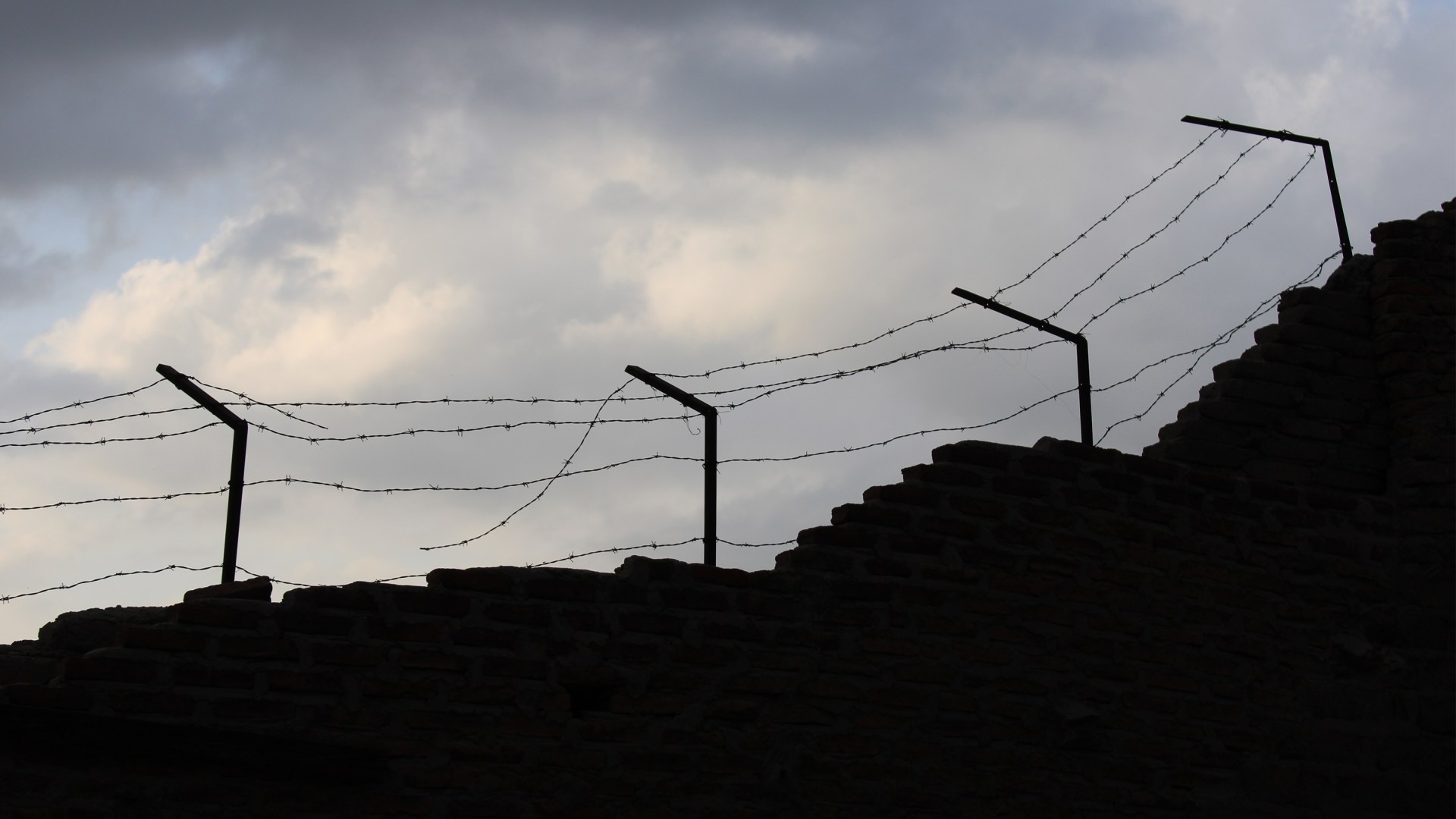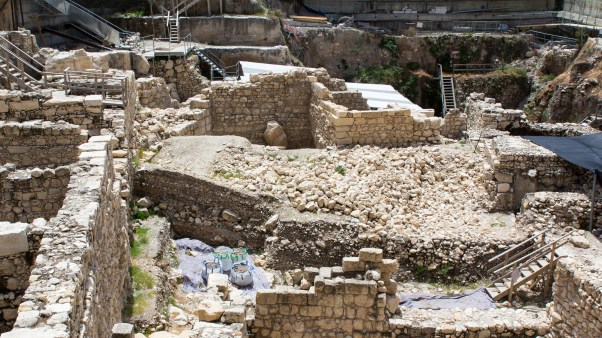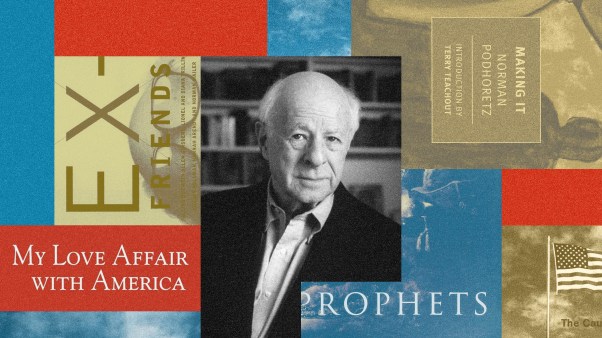Kenyan mother Dorothy Kweyu prayed 14 years for her son’s release from a Saudi Arabian prison. Her son, Stephen “Stevo” Munyakho, spent more than a decade on death row for killing Yemeni coworker Abdul Halim Mujahid Makrad Saleh in a dispute over money in 2011. According to Munyakho, Saleh attacked him with a knife, stabbing him twice before Munyakho grabbed the knife and stabbed Saleh in the chest.
Munyakho claimed self-defense, and at first Saudi courts, which run on sharia law, handed him a five-year jail sentence for manslaughter. Then Saleh’s family appealed, citing the “right to retaliate” for the loss of Saleh and demanding the death penalty. The courts responded by changing the conviction to murder—a sentence punishable by beheading.
“I kept telling God, ‘God, save my child, and spare me the pain and the ignominy of receiving my beheaded child,’” Kweyu told local media. Sometimes during her weekly phone calls to Munyakho in prison, he would say, “Mummy, today we saw darkness,” meaning one of the death row prisoners had been executed. He said the government executed more than 100 fellow inmates during his first year on death row.
Kenya’s foreign affairs secretary said all legal appeals for Munyakho had been exhausted. Saudi authorities set the execution date. Then the victim’s family agreed to consider a provision under sharia law: The court could commute Munyakho’s sentence if his family paid them diyat, or “blood money,” to compensate for Saleh’s death.
Saleh’s family initially asked for more than 350 million Kenyan shillings (nearly $3 million USD).
Kweyu told Citizen TV Kenya last year that Saleh’s family increased their demands 10 times and exceeded what Islamic law allows: “If this was a proper Quranic sentence, Stevo should be back now. The Quran requires a hundred camels, and by my calculation we only needed 11 million Kenyan shillings [$85,000 USD] to give the Yemenis.”
Blood-money payments are alien to many Kenyans, four out of five of whom identify as Christian. Islamic law in countries such as Saudi Arabia categorizes manslaughter and murder as quesas crimes, offenses for which victims have the right to retaliation equal to the harm done—such as a life for a life. Courts can pardon these crimes if a victim’s family accepts blood money as an alternative to legal penalties.
Though intended by the Quran as a form of mercy, blood money can complicate justice. Some Arab journalists have suggested exorbitant blood-money demands in Saudi Arabia—driven by greed and revenge—abuse the system and unfairly send families of death row inmates into poverty.
While Saudi Arabia’s judicial system calls for fair trials and punishments—at least on paper—judges apply their own interpretations of sharia law. In many cases, judges can set penalties at their discretion. The US State Department warned this leads to discrimination against noncitizens and non-Muslims as well as leading to inconsistent or extreme penalties, including the death penalty for nonviolent offenses such as sorcery and adultery. Appeals courts usually affirm the judgments of lower courts, making blood-money agreements inmates’ last chance for pardon.
Kenyan courts don’t accept blood money as a solution, but Muslim communities in northeastern Kenya do. According to Ishmael Kulu, an ethnic Somali living in Nairobi, Kenya, paying blood money began as a Somali cultural practice before Islam came to the nation.
“It was a dispute-resolution mechanism that was used in order to avoid revenge when a death occurred,” Kulu said. In Somali culture, when a person accused a kinsman of murder, the whole clan had to pay for the crime. Traditional elders from the affected clans would agree on a payment based on the age, marital status, and gender of the victim.
In rural, Muslim-majority areas of Kenya, people still use the blood-money system, though Kulu said that in towns “people prefer the judicial court processes.” Since clans make the payments, Kulu explained small clans feel the system favors big clans, which can easily raise any amount demanded.
Sasha, a Somali Christian convert from northern Kenya (whose real name CT agreed to withhold due to threats to her safety from her Muslim community), agreed: “Without the backing of a strong family or clan, you will suffer.”
She told CT her community handles most murder and injury cases outside the Kenyan courts. Although the blood-money system works in remote places without courts, Sasha said it is prone to manipulation and places the amount demanded for a dead woman at half that of a dead man: “The Islamic system is not just to women.”
In a 2005 incident, two clans clashed in Kenya’s northern Mandera County, resulting in 50 deaths. Clans agreed to pay 1 million Kenyan shillings (about $7,700 USD) or 100 camels valued at 10,000 Kenyan shillings ($80 USD) each in compensation for the death of a man. They agreed to pay half that for a woman or child.
Dorothy Kweyu appealed to the Kenyan government to negotiate for a delayed execution and lower blood-money payment. The victim’s family settled for 129 million Kenyan shillings ($1 million USD), but Kweyu could only fundraise 15 percent of the total (about $150,000 USD). In March, the government and the charity Muslim World League paid the amount in full on behalf of Munyakho, who converted to Islam while in prison.
Kweyu said she rolled around on the floor of her Nairobi home in joy and disbelief—her son was coming home alive. She credited her Christian faith and Presbyterian community at St. Andrew’s Church with getting her through her son’s ordeal: “All this time, God kept me going. I was surrounded by very prayerful people.”
Saudi authorities released Munyakho on July 22. He returned to Kenya on July 29, landing in Nairobi around 1 a.m. Family members, friends, and government officials greeted him, some with tears and dancing. But Kweyu said there’s one thing the blood-money payment didn’t resolve.
“I genuinely wanted to go see [Saleh’s wife] and seek her forgiveness,” she said. “Even though I was not physically involved in what happened, Stevo is still my child. So I wanted to go seek forgiveness on his behalf.”









